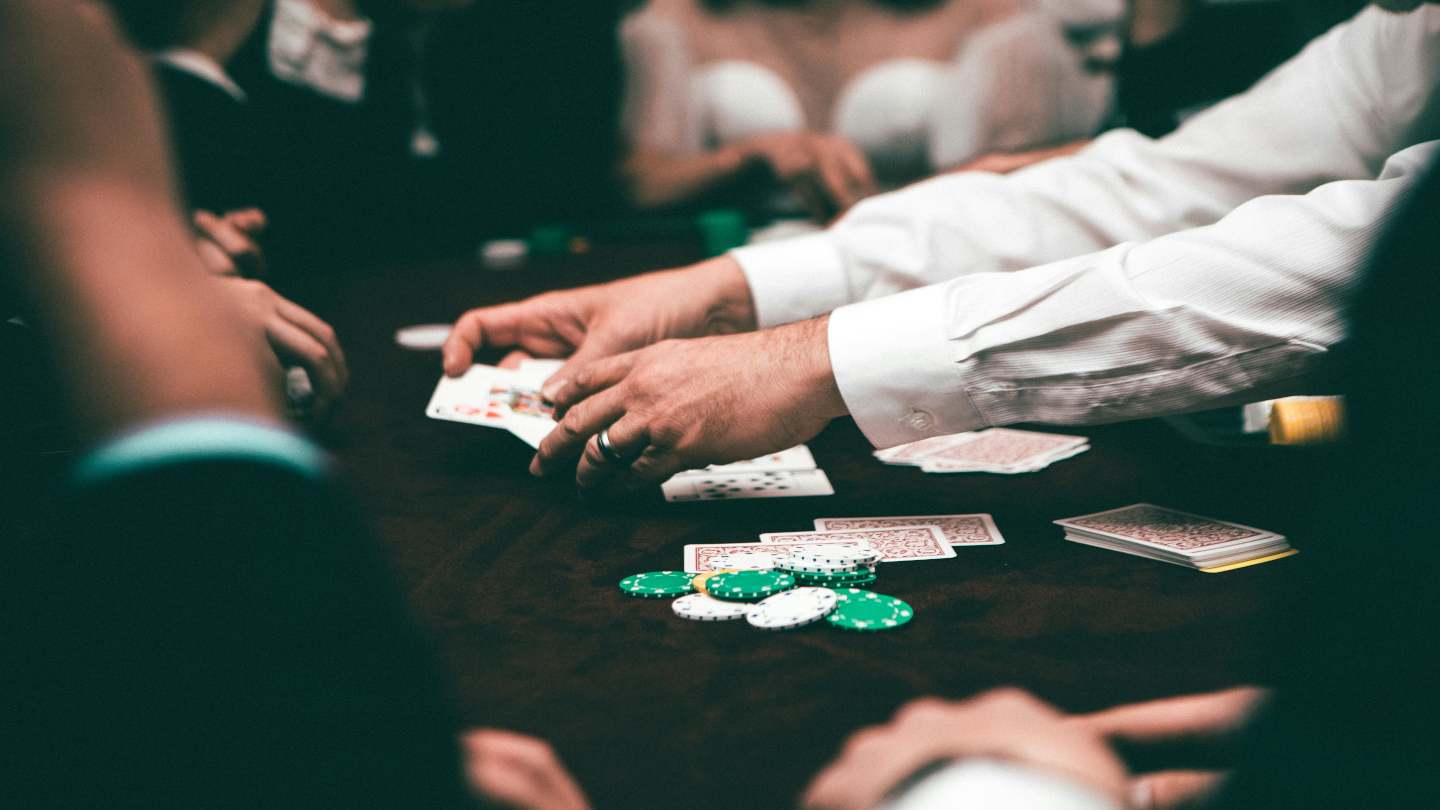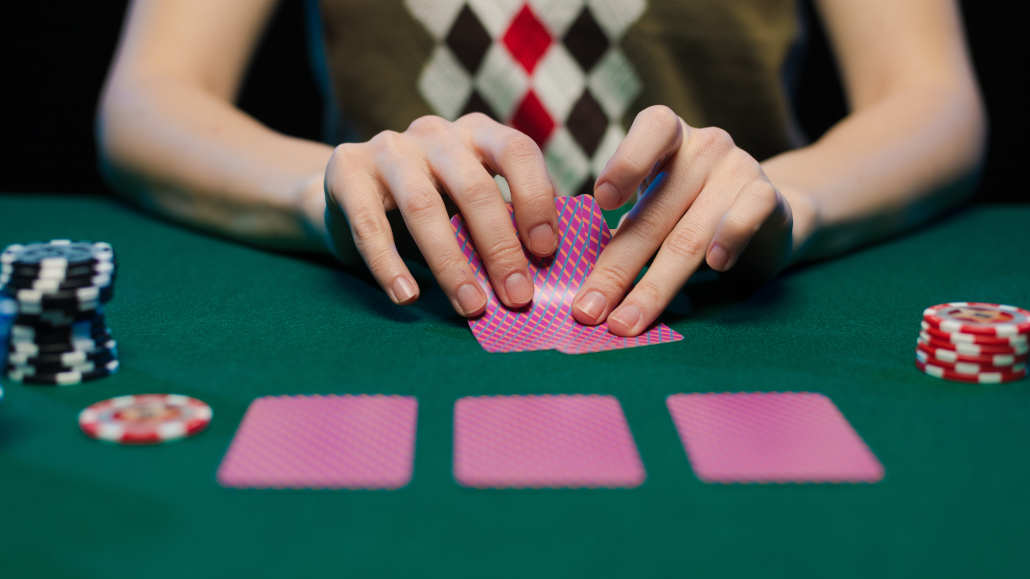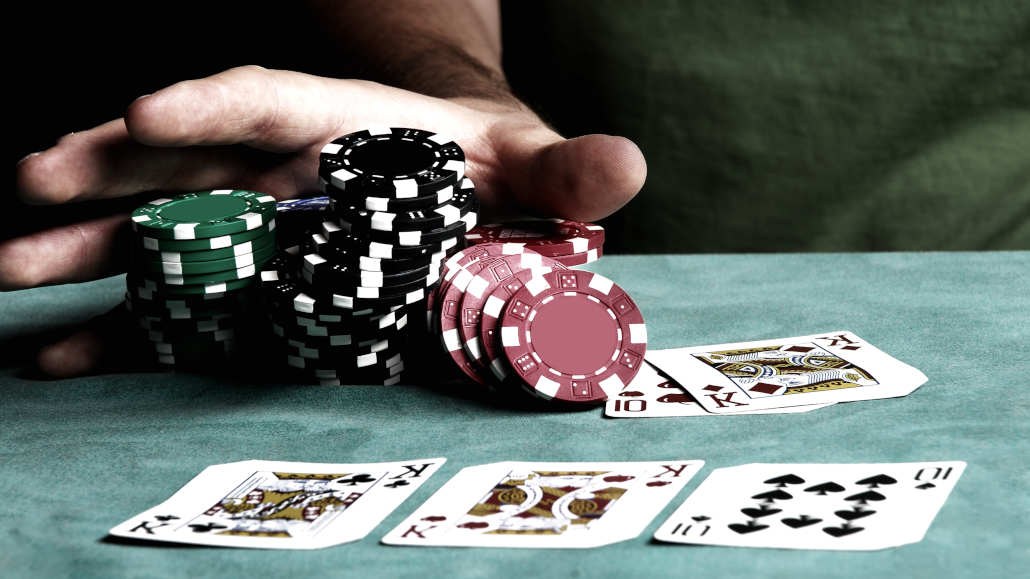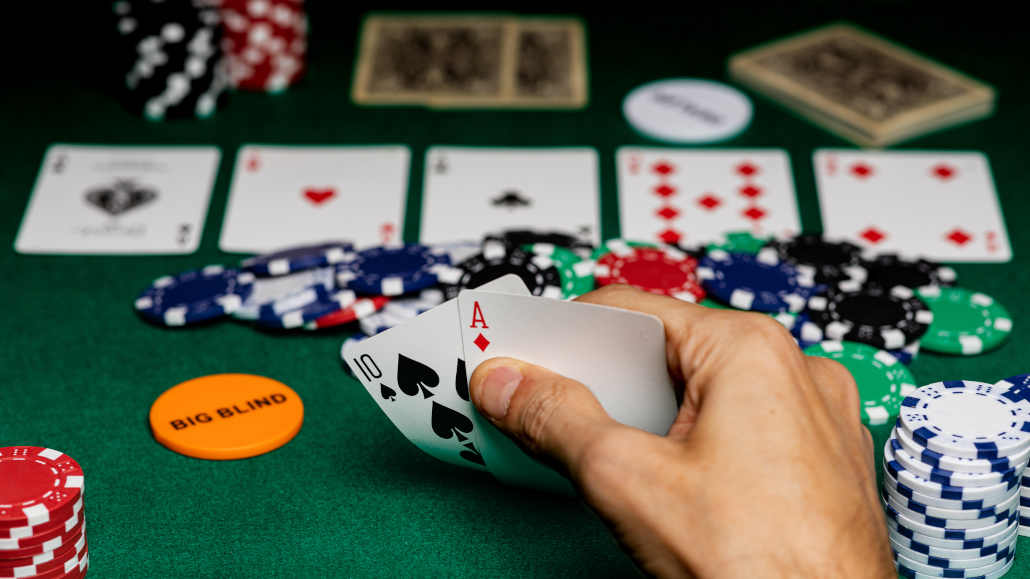One Pair Definition – Odds of Getting the Weakest Made Hand in Poker

1 minute
What Is a Pair in Poker?
In poker, one pair is the weakest made poker hand you can have.
It consist of two cards of the same rank, accompanied by three random, unrelated cards.
An example of a one pair hand is K K 7 4 2, where your hand is simply a pair of kings.
Poker pair rules are pretty straightforward. When compared on a showdown, the player with the highest ranking pair wins, with a pair twos being the lowest and a pair of aces the highest.
In the event two players have a same pair, those additional cards come into play.
The highest of the other three cards is what’s known as a kicker, and in this scenario, the player with the bigger kicker wins. If their highest card is of the same rank, the second highest card is compared, etc.
According to one pair rules, suits are never considered to determine a winner. If two players have a pair of the same ranked and their side cards (kickers) are also identical, they’ll split the pot.
Odds of One Pair
One pair is the most common of all hands you can get in Texas Hold’em. Odds of getting one pair on the flop are quite decent and you’ll often pick up a pair on the flop. Here are some interesting one pair odds that can help you along:
- Odds of flopping a top pair with a random, unpaired hand is 29%
- Flopping a top or middle pair: 10%
- Flopping a bottom pair: 8.98%
Of course, one pair odds for specific types of single pair hands differ depending on the type of a starting hand. With AK, you can never flop a bottom or middle pair. You’ll always have the top pair when you connect.
Likewise, with a hand like 32, you’ll never flop a top pair, and you’ll end up with a bottom pair almost 27% of the time.
These one pair poker odds make it somewhat clearer why certain starting hands are much better than the others.
- Poker Squeeze Play – Which Hands Make the Most Sense for Squeezing? - August 10, 2023
- How to Play Low Pocket Pairs in Texas Hold’em - July 29, 2023
- How to Make Deep Runs in MTTs More Often - July 22, 2023














